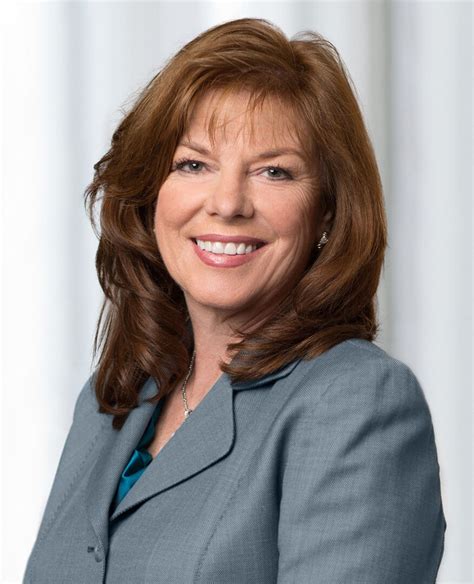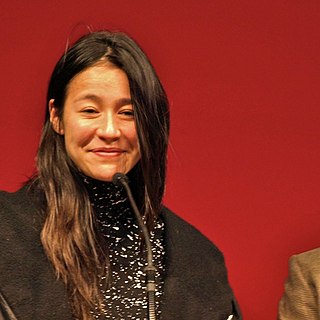A Quote by Malcolm Brogdon
I think teams make the same decisions every year based on the same information and based on the same decision-making. I think a lot of it is flawed, but it's the way they draft.
Related Quotes
People are trying to build a society where they can talk across the aisle so to speak, and have civil discourse. At the same time we're trying to inform ourselves about what's really true so that we can make evidence based decisions that is better than superstition or rumor. But the fact is that people who use evidence based decision making have much better life outcomes, greater life satisfaction, they live longer, they make better personal and medical decisions, better financial decisions. But parallel to that is you can't reason somebody out of a position they didn't reason themselves into.
I am from Britain and think it is right that as a woman I am paid the same as my male counterparts. I think it is right that I should be able to make decisions about my own body. I think it is right that women be involved on my behalf in the policies and decision-making of my country. I think it is right that socially I am afforded the same respect as men. But sadly I can say that there is no one country in the world where all women can expect to receive these rights.
The reason I love blogs so much right now is that I am seeing more critical voices appear, and that's kind of thrilling. I think a lot of critics in their forties or even their thirties have had their voice scared or trained out of them by the academy. I have nothing against the academy. I think it's brilliant and fantastic, but I also think that it's become almost monolithic. The same way a lot of art looks the same, a lot of writing can sound the same and quotes the same theorists.
I think sometimes it's sort of easier to be playing a role based on a real person because there's quite often a lot more information, you're not making it up, it's there in books, it's there in research form. But really the questions you ask about the character, and why people behave, and where they come, and how they've ended up in the places they've ended up are the same.
I think that the artificial-intelligence people are making a lot of noise recently, claiming that artificial intelligence is making huge progress and we're going to be outstripped by the machines. But, in my view, this whole field is based on a misconception. I think the brain is analog, whereas the machines are digital. They really are different. So I think that what the machines can do, of course, is wonderful, but it's not the same as what the brain can do.
A hundred years ago-even 20 or 30 years ago-it was possible, if not always easy, to close major business by calling on and satisfying a key decision-maker. Today, every piece of business entails multiple decisions, and those decisions are virtually never made by the same person. Not only do you have to contend with multiple decisions, but the people who make those decisions may not even work in the same place.
In DC, policymakers think that if we can only have high enough standards, tough enough tests, and hold people accountable, we can close the achievement gap. And it hasn't happened. Yet the new law, the Every Student Succeeds Act, is based on the same test-based and market-driven framework and ideology, except it lets the states do it.
Every sinner must be quickened by the same life, made obedient to the same gospel, washed in the same blood, clothed in the same righteousness, filled with the same divine energy, and eventually taken up to the same heaven, and yet in the conversion of no two sinners will you find matters precisely the same.






































